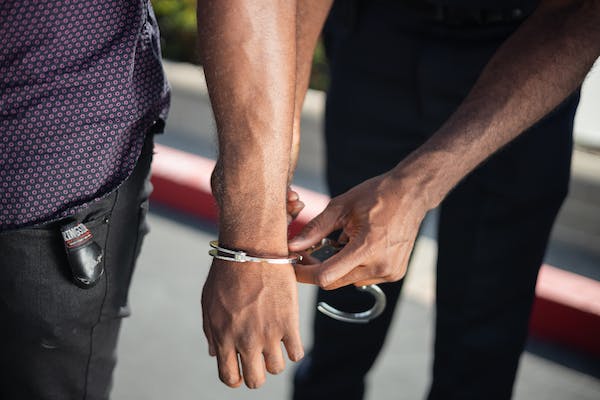Plea bargaining is a common practice in the criminal justice system that allows defendants to negotiate a lesser charge or sentence in exchange for pleading guilty. It is an important aspect of criminal defense, as it can help defendants avoid harsher penalties and save the court system time and resources.
What is Plea Bargaining?
Plea bargaining is the process of negotiating a plea deal between a defendant and the prosecution. It allows defendants to avoid a trial and accept a lesser charge or sentence in exchange for pleading guilty. This can be beneficial for both the defendant and the prosecution, as it allows for a quicker resolution of the case and can save the court system time and resources.
However, it is important to note that plea bargaining is not always the best option for defendants. In some cases, going to trial may result in a better outcome for the defendant, such as being found not guilty or being given a more lenient sentence. It is important for defendants to consult with a criminal defense attorney to weigh the pros and cons of plea bargaining and to determine whether it is the best option for their specific case.
Furthermore, not every defendant is eligible for plea bargaining. Some cases might be high-profile and may not be negotiated, some jurisdiction might not allow plea bargaining, or the crime might be considered as a serious crime, which may not be negotiated. In these cases, the defendant will have to go to trial.
Additionally, it is also important to consider the impact of plea bargaining on the broader criminal justice system. Some critics argue that plea bargaining can result in unequal justice, as defendants with more resources and better legal representation may be more likely to secure favorable plea deals. This highlights the importance of ensuring that all defendants have access to adequate legal representation and that the criminal justice system as a whole is fair and just.
In summary, plea bargaining can be a valuable tool for resolving criminal cases and can be beneficial for both defendants and the court system. However, it is important for defendants to consult with a criminal defense attorney and to consider the potential impact on the broader criminal justice system when determining whether to accept a plea deal.
Importance of Plea Bargaining in Criminal Defense
In the criminal justice system, plea bargaining plays a crucial role in the resolution of criminal cases. It allows defendants to avoid the risk of harsher penalties if convicted at trial and can also save them time and money. Additionally, plea bargaining can also provide closure for victims and their families. For defendants seeking legal representation, a reputable law firm such as Sexner & Associates can provide guidance and representation during plea bargaining negotiations.
How Plea Bargaining Works
The Process of Plea Bargaining
The process of plea bargaining typically begins after a defendant has been charged with a crime. The prosecution and the defense will then negotiate a plea deal, which is a agreement that the defendant will plead guilty to a lesser charge or accept a reduced sentence in exchange for avoiding a trial. The plea deal is then presented to the judge for approval.
Pros and Cons of Plea Bargaining
Plea bargaining can be beneficial for defendants as it allows them to avoid harsher penalties and a trial, saving them time and money. However, it also has its drawbacks. Some defendants may feel pressure to accept a plea deal, even if they are innocent. Additionally, plea bargaining can also limit the transparency and accountability of the criminal justice system.
The Impact of Plea Bargaining on the Criminal Justice System
Effect on Sentencing
Plea bargaining can have a significant impact on sentencing. It allows defendants to avoid harsher penalties and can result in shorter sentences. However, it can also result in harsher sentences for defendants who refuse to accept a plea deal and go to trial.
Impact on the Court System
Plea bargaining can also have an impact on the court system. It can save the court system time and resources by avoiding a trial. However, it can also limit transparency and accountability, as plea deals are typically not made public.
In conclusion, plea bargaining plays a crucial role in the criminal justice system. It can be beneficial for defendants, saving them time and money, but it also has its drawbacks. It is important for defendants to have legal representation when negotiating a plea deal, a reputable law firm can provide guidance and representation during plea bargaining negotiations.
Additionally, it is important for the criminal justice system to strike a balance between the efficiency of plea bargaining and the transparency and accountability of the court system. Overall, plea bargaining can have a significant impact on the criminal justice system, and it is an important aspect of criminal defense that should be carefully considered by defendants, prosecution, and the court system.


